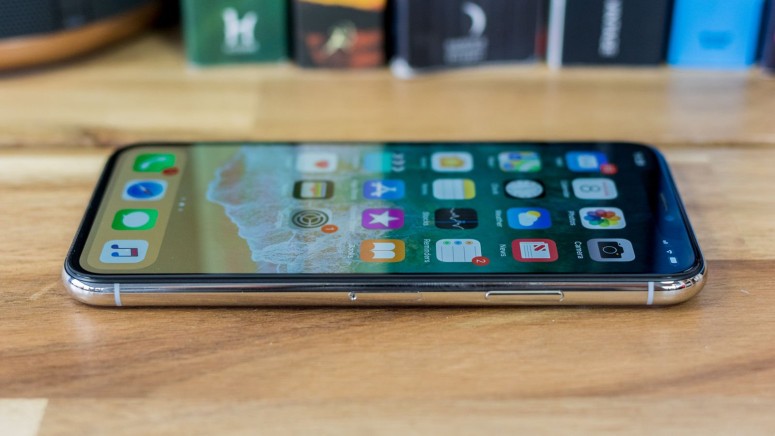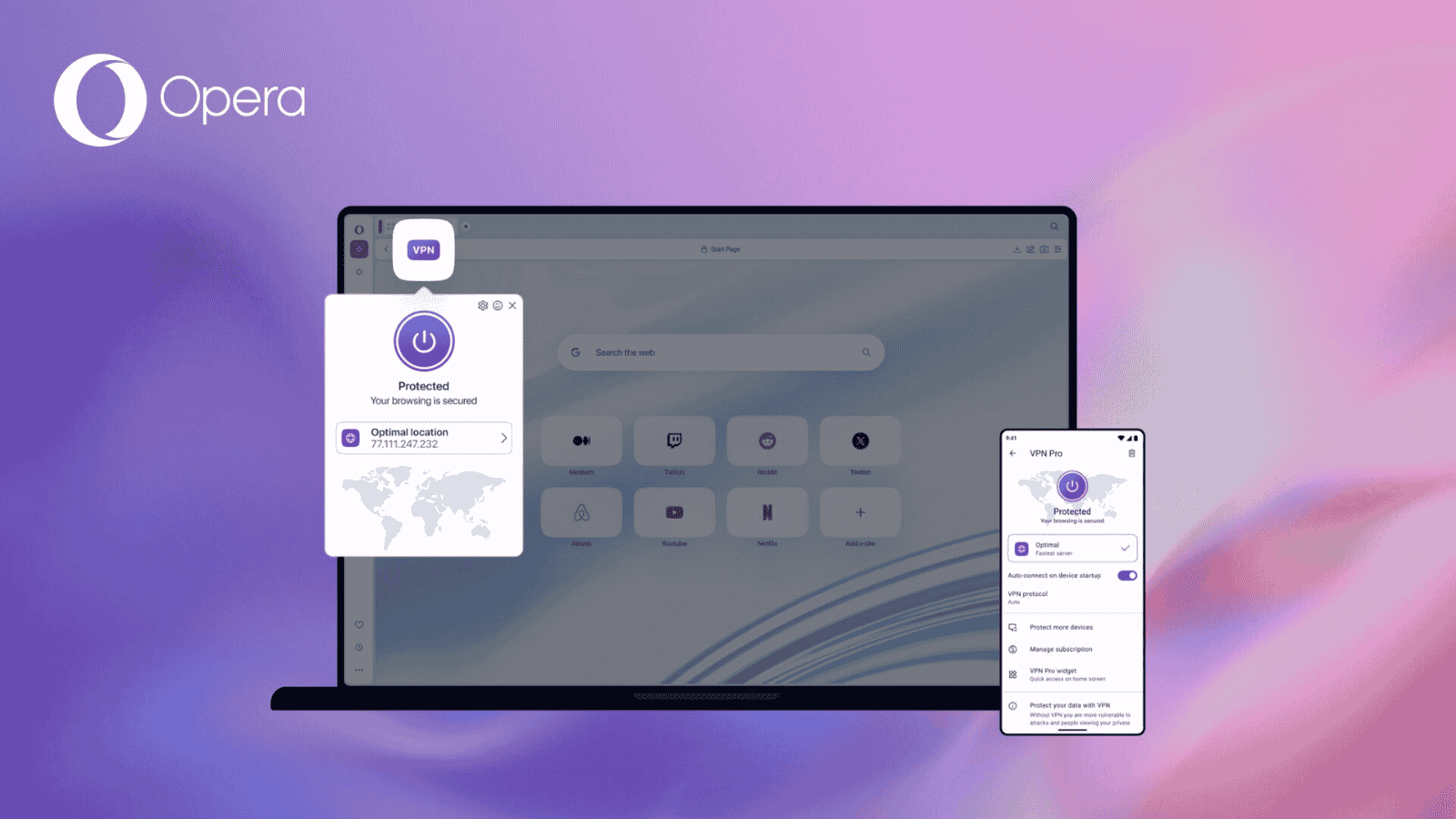
Leaked Emails Reveal Software Dispute Between Apple and Qualcomm
- Emails between Apple and Qualcomm were leaked revealing the companies have disbanded all collaboration.
- The business move occurred after both companies ended up in a legal battle over licensing issues.
- Apple will be manufacturing its own chipsets with no input from Qualcomm going forward.
While most people are speculating that Apple and Qualcomm broke up due to the recent licensing fee controversy, there seems to be more at play behind the scenes according to leaked executive emails. Both companies have had disputes over software and not just licenses. Qualcomm agreed to provide the software Apple needed under the condition that the iPhone manufacturer would use Qualcomm’s chips on at least 50% of iPhones in the subsequent two years.
Apple has accused Qualcomm of cutting off the supply of iPhones in an attempt to charge high licensing fees which have been the center of the legal battle. The FTC has sided with Apple so far stating that charging added license fees also means the customers have to bear the costs too and it is an anti-consumer move.
Qualcomm Chief Executive Officer Steve Mollenkopf revealed last year “In my wildest imagination of some evil intention of Apple, I have trouble coming up with a real scenario where anything of significant value could be leaked based on this code. I just hope the licensing dispute doesn’t cloud good judgment in the team on a massive business opportunity."
Intel became the primary chip supplier for Apple which led to Qualcomm suing Apple back for using the Chinese chipmaker’s software to improve Intel’s chip performance. There are multiple lawsuits ongoing, and decisions could go in either party’s favor. In the midst of the dispute between both companies, the US-China trade war has also surfaced causing Chinese users to “boycott” Apple products. It remains to be seen if the tech giant is able to win its legal battles against Qualcomm and also regain its foothold in the Chinese market.
What do you think about the ongoing legal battle between Qualcomm and Apple? Let us know in the comments below. Don’t hesitate to like and subscribe on our socials on Facebook and Twitter for more news stories like this one.







